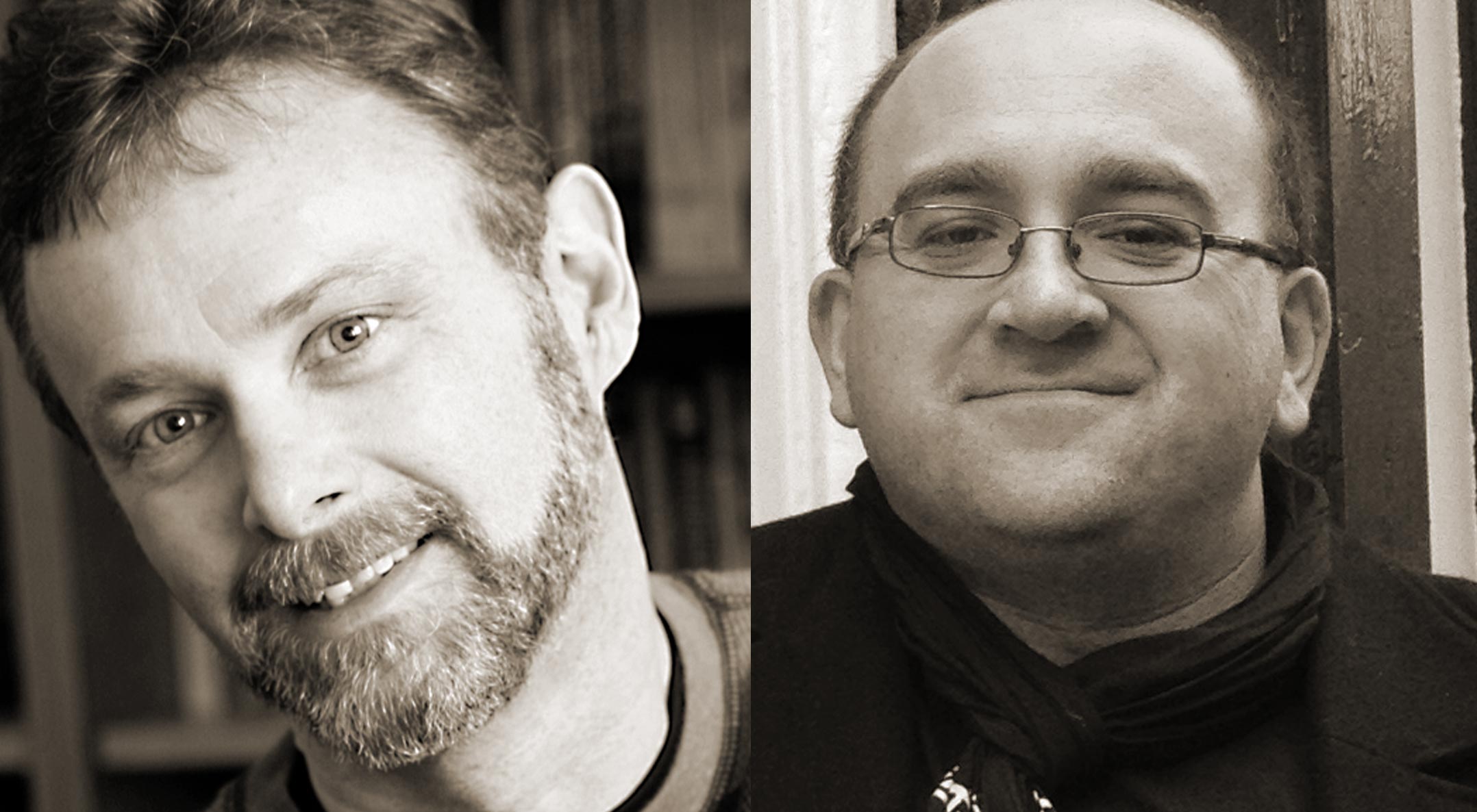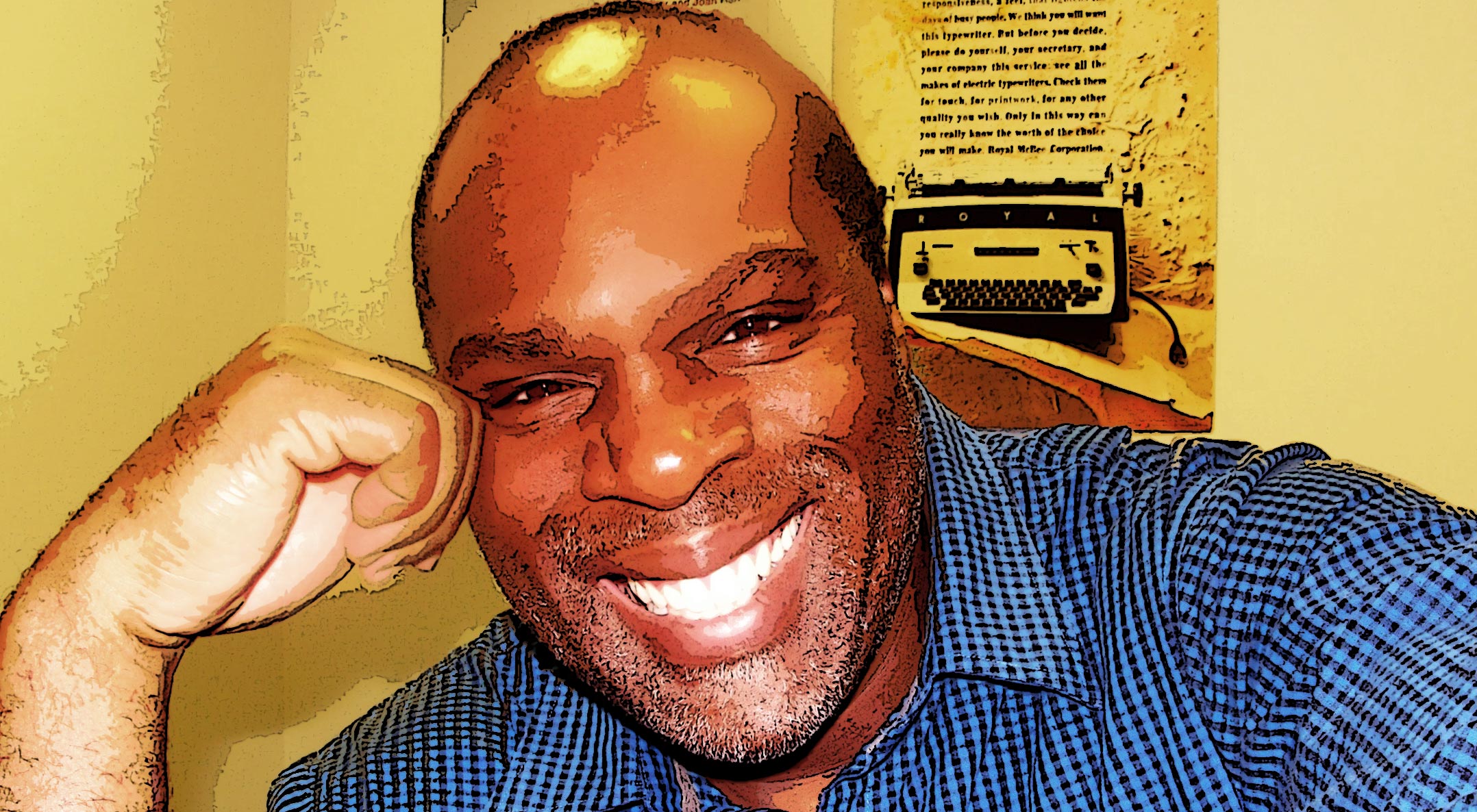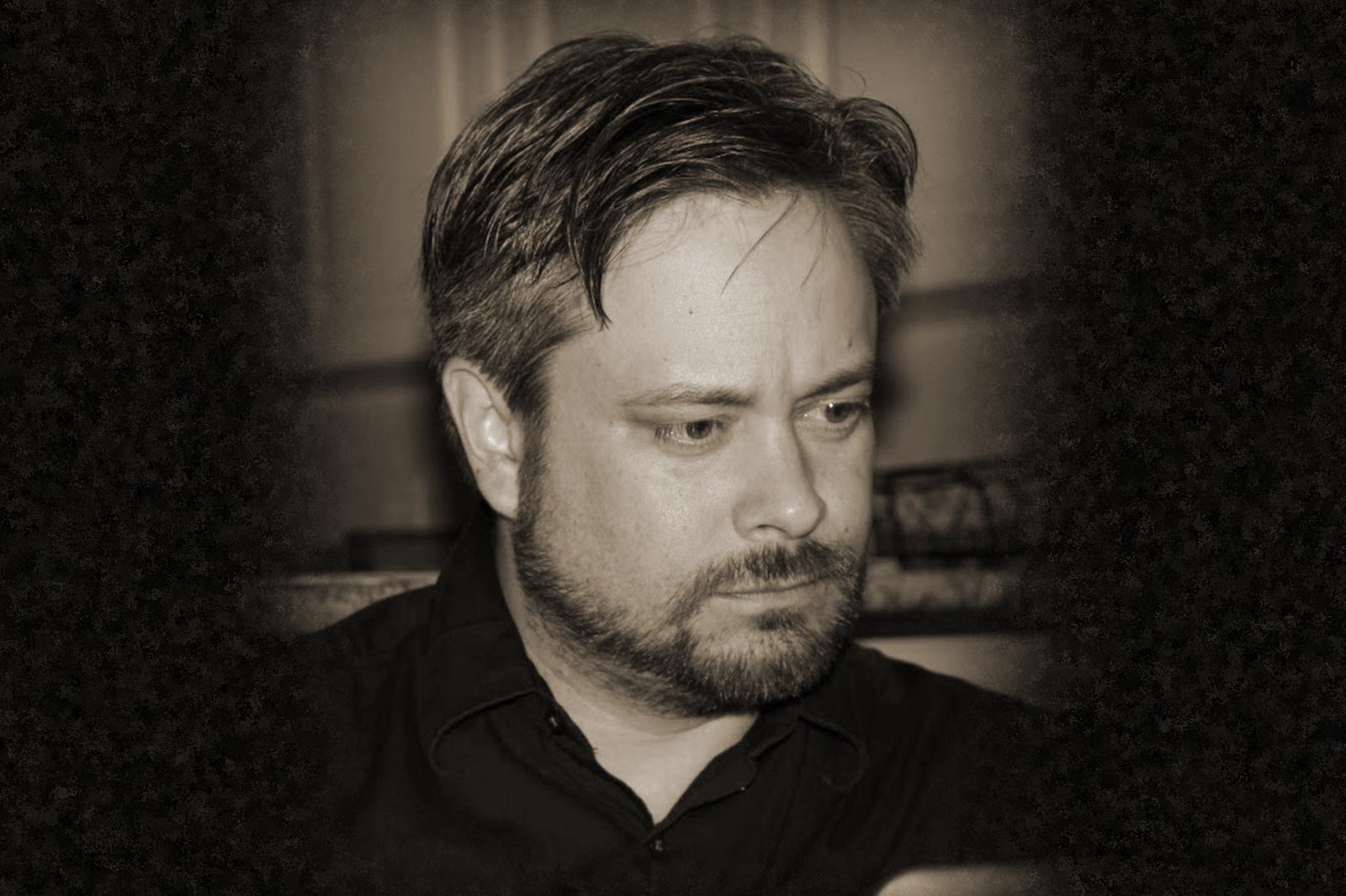
“If we let too much time to lapse, the thread will snap and getting back to it later will cause the flow of our writing to become stilted and disjointed.”
I’ll get to it later.
I have to spend time with my wife /family /friend /posse /dog /herd of rabid monkeys or they’ll hate me.
I write best at night, so right now I’ll just do research (watch TV).
I’m hungry, let me just eat a sandwich first…or a taco…or a sandwich AND a taco.
I’m currently 63,000 words into my second novel attempt. Sounds fairly impressive, but I’ve been at 63,000 words for the last six weeks. Sure, I’ve written two short stories, a couple blog entries, participated in recording ten-or-so Roundtable episodes(my favorite distraction besides my wife), taught, graded papers and lesson-planned for about 60 hours a week, etc., etc., and on, and on. A lot like you! But is all of that really keeping me from writing my book? Yes. Because I let it.
We all are experts at wasting time, and the successful few have learned to at least minimize the bastard! We’ve all heard and read countless papers and pamphlets and programs on how to beat down the maniacal villain known as Master Procrastination. That is not what this post is going to do.
Instead, it’s important to look at why we need to get our butts in seats and get to work and leave the hot pocket (or two) in the freezer.
Why does it really matter if I know I’ll get it done eventually? What harm will it do to take a little break and just think about my story, maybe work out difficult plot elements in my brain for a good day, week, or month?
In the Roundtable episode, “20 Minutes With Nathan Lowell,” Nathan says, of keeping up with the “movie” that plays behind his eyes and trying to write it down fast enough, “if I lose the thread, trying to recover it later is a pain. It’s sometimes not even possible.” If we allow time to pass between writing sessions, that thread becomes thinner and weaker. If we let too much time to lapse, the thread will snap and getting back to it later will cause the flow of our writing to become stilted and disjointed. Your story, its pacing, and many of the subplot threads become contrived or cheap in an effort to “get back into it.”
When you walk away from writing for too long, the first impulse when you get back in the saddle is to go back and read everything so you remember what you were doing in the first place, where you left your characters, and why Paulie is hanging from the tail of a giraffe. Inevitably, you’ll come across a missing word, a bad sentence construction, or maybe even an entire chapter that just doesn’t sound right. So you begin to edit. Better to do it now before you go on and forget where the problems were, right?
In the “20 Minutes with P. G. Holyfield” episode, Master Holyfield talks about the importance of resisting the urge to go back and edit while writing. Editing during the initial drafting process can be a form of procrastination in itself. Aside from the obvious stilting effect it can have on the flow and pacing of the draft, stopping midstream to perfect what was previously written gives that writing a different sound and quality than the next piece that you have yet to write. You may have the most beautifully written first three chapters by the time your book is finished, but if they don’t match the rest of your book because you spent most of your time reworking and reworking those few precious pages, it will be painfully obvious to a reader that those exquisite pages belong someplace else.
When I wrote my drawer novel (the one I swear I’ll get back to eventually), the first two thirds took me close to six months. The last third, I hammered out in ten days. The most common critique that I received from almost every beta reader I subjected it to sounded something like, “well, I liked the first part okay, but holy crap, that last third was awesome. It really seemed to pick up and didn’t let go until the very end.” The last third has not been edited or revised or manipulated, nor combed through or reread by me since I wrote it.
It isn’t a matter of “stop procrastinating or you’ll never finish it.” Most of us still have a good twenty or more years to dicker around with the thing. Rather, stop procrastinating because your story suffers; it is tortured by time, injured by inactivity, made mundane by musing too much without the clicking of keys, and your story deserves more.
It deserves to be written with the urgency that it garnered with it blazed into your brilliant mind. And so does mine.
So this time, I’m going to….go write.






Not editing while you write is good advice, by and large… except for when you’re publishing serial fiction. Serial fiction requires you to, if not edit while you write, to write, edit, write, edit, write, edit, write, edit, wash, rinse, repeat. It’s very a very compressed form of writing and will drive you crazy, but it’s very often the case that you will post before the work is completely finished, and so you’ll have to switch hats in midstream and then switch back.
In that case it’s not procrastination. It’s part of a necessary process.
That’s an excellent point! Perhaps there is more of a necessity to avoid editing as you go in discovery writing where the flow and inspiration depends on the fervor with which you write. I can’t speak for serialized fiction, in fact, I don’t know if I could bring myself to write serial fiction. There are too many times when something that I include on page 5 becomes pivotal on page 187 without having intended that from the beginning, and not being able to go back and flesh that out after the fact would kill me.
Thanks for bringing that up!
http://oldorfrc.blog.com – It to it will not passe for nothing.